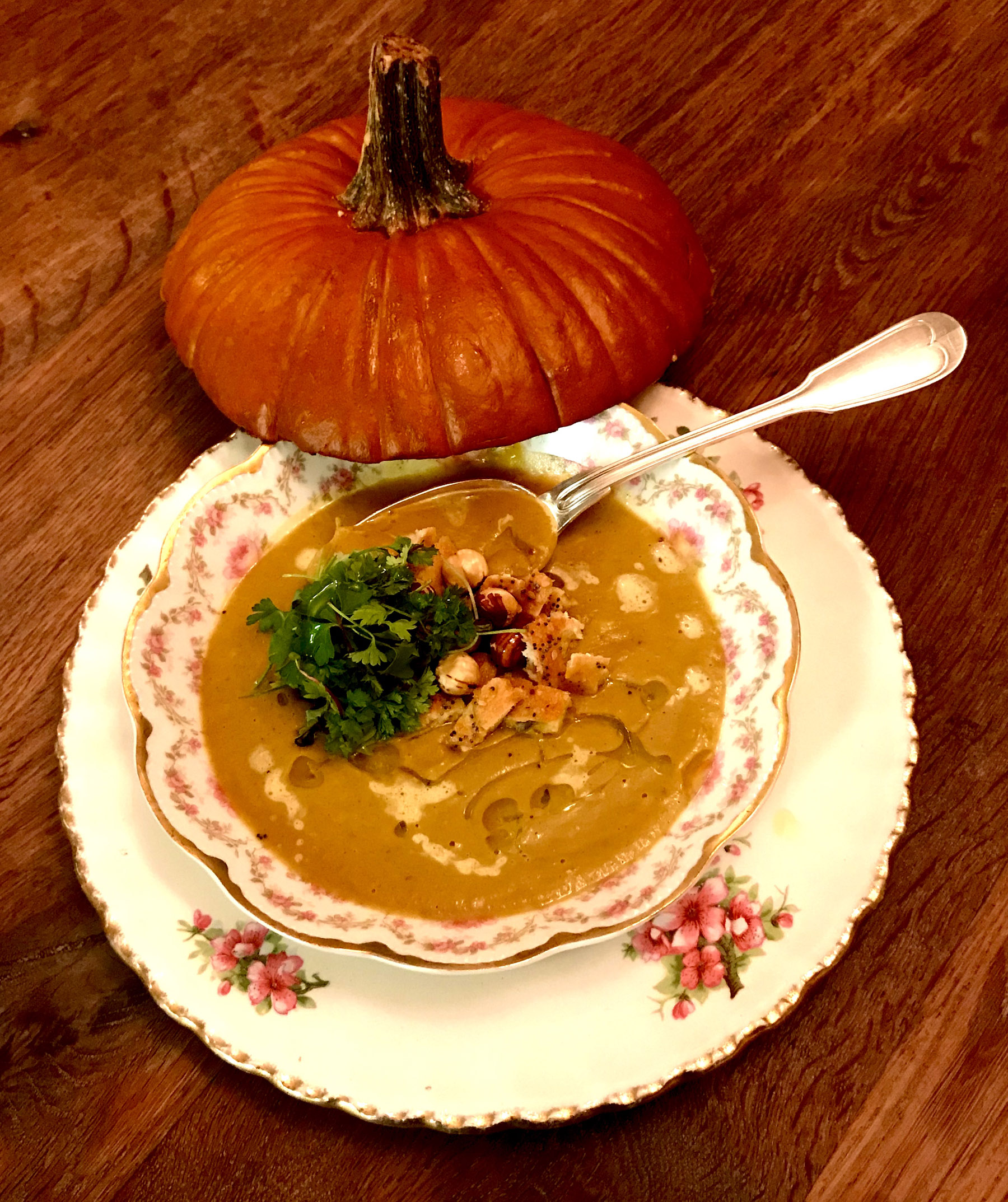Glossary of Wine Terms

DECANTING — The process by which a wine is transferred from its original bottle to another container. This age-old ritual is performed for two reasons: to aerate oxygen-starved wine and release sleepy aromas and flavors, and to remove sediment. This procedure is usually necessary only with older red wines that have thrown sediment. However, it is sometimes carried out with young wines if they are unfined or unfiltered and show a sediment. A big, young red wine that is “closed” may benefit from being decanted a few times; aerating the wine aggressively helps it “open” up, more so than simply letting it “breathe” in an open bottle.
To decant a wine, hold the open bottle directly above a light source (traditionally a candle, but a flashlight also works well) and position the bottle horizontally so that the light shines through the neck. Pour gradually, in one continuous motion, into a clean, dry decanter until a dark arrow of sediment begins to appear in the neck. The idea is to trap all sediment in the shoulder of the bottle, as it muddies the wine and can impart a bitter taste. It is not, however, harmful. Regardless of whether or not a decanter is stoppered, wine inside it is being exposed to oxygen, and a judgment must be made with regard to when the wine is ready to drink. For a very old, frail wine, over-agitation can lead to a rapid death. On the other hand, some hearty red wines benefit from a good deal of air to bring out their inherent bouquets and other charms. Smell the wine, and perhaps taste it as well, at intervals to determine its evolution and readiness for optimal consumption.
DEEP — Rich; concentrated.
DELICATE — Light; subtle; elegant.
DEMI-SEC — “Sec” is French for “dry.” Demi-sec means “half-dry.” When applied to sparkling wines, the term actually indicates a relatively sweet wine-sweeter than extra dry-which is appropriate with dessert.
DIFFUSE — Describes wines with unfocused taste and smell; opposite of focused.
DUMB — A wine not yet showing much in terms of flavor and character; used to describe a wine that is expected to improve.
DRY — Opposite of sweet. Dry wines have had most of their sugar converted into alcohol.





